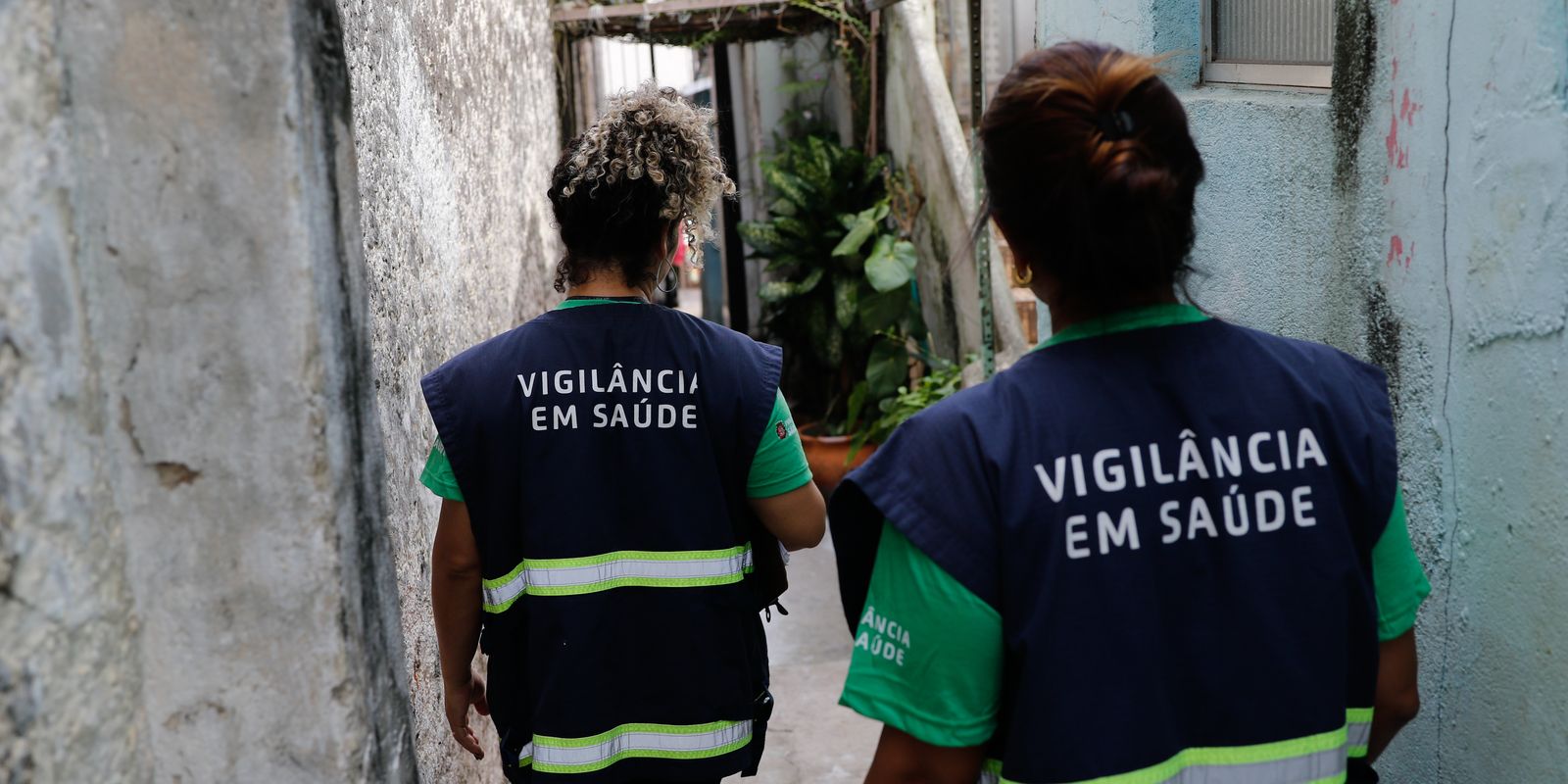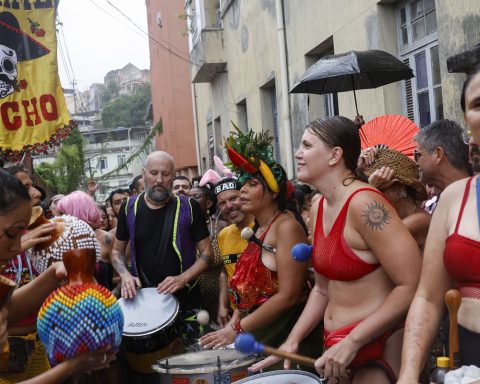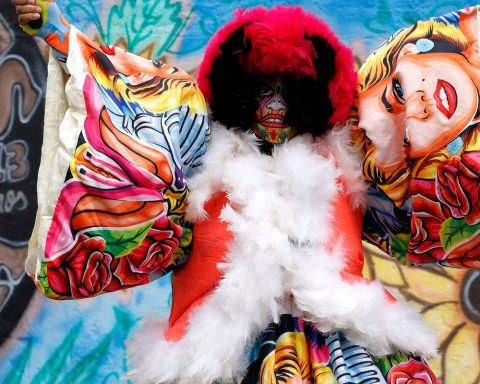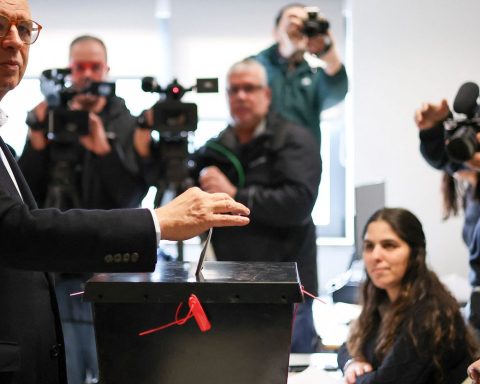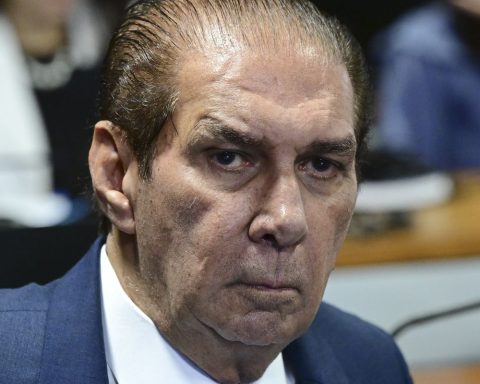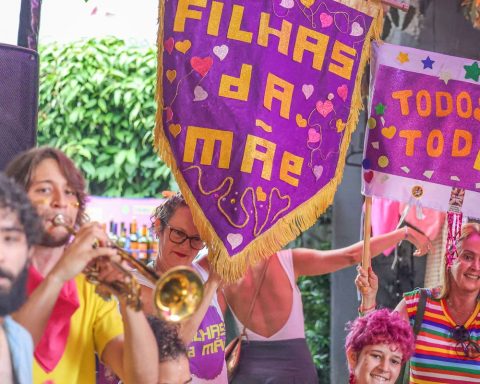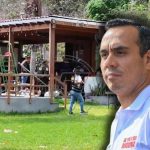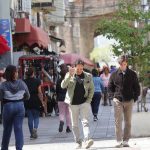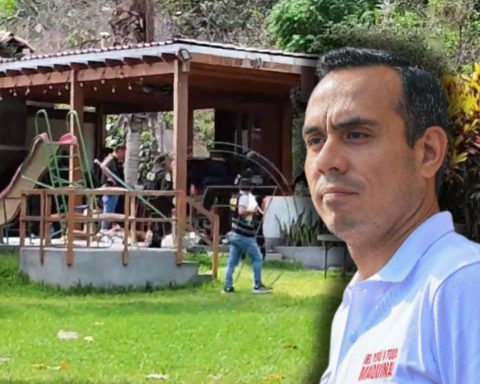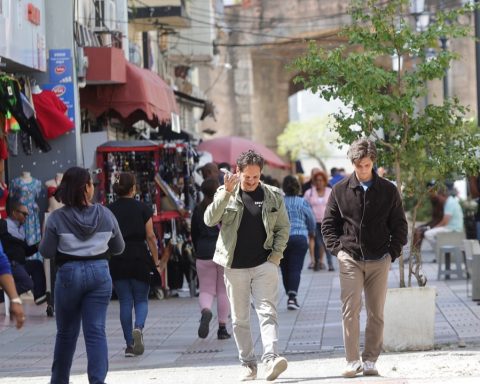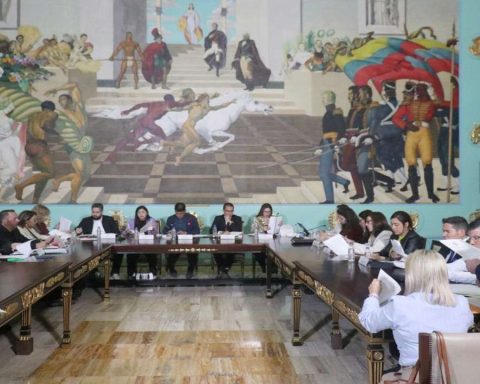A total of 21 cities in the state of São Paulo declared an emergency due to the increase in the number of dengue cases. In the first two epidemiological weeks of this year, the state has already recorded 18,100 probable cases of the disease, with 4,340 confirmed and the rest are under investigation. There are also 30 deaths that are being analyzed for the disease.
In the first epidemiological week alone, between December 29, 2024 and January 4 this year, 7,201 probable cases of the disease were registered in São Paulo, an increase of 9.45% compared to the same period last year, when 6,579 cases were registered. likely to have the disease.
To date, the municipalities that have already declared a dengue emergency in the state of São Paulo are Dirce Reis, Espirito Santo Do Pinhal, Estrela D’Oeste, Glicério, Guarani D’Oeste, Igaratá, Indiaporã, Jacareí, Marinópolis, Mira Estrela, Ouroeste , Paraibuna, Populina, Potirendaba, Ribeira, Rubineia, São Francisco, São José do Rio Preto, São José Dos Campos, Tambaú and Tanabi, informed the State Department of Health.
The decree allows municipalities to implement actions related to combating dengue with greater agility, in addition to allowing them to receive additional resources.
In São José do Rio Preto, for example, the emergency situation was declared last Friday (3). “We are aware of the size of the problem. We are going to promote a task force to carry out cleaning throughout the city, taking up the fight both on the issue of janitorial care and public health”, said Mayor Fábio Candido at the time.
This week, the city of São José do Rio Preto started the Mutirão Todos Contra a Dengue, which aims to promote the cleaning of public green areas, public squares and areas with irregular disposal.
The city of São José dos Campos reported that the emergency decree and epidemiological alert have been in force since March 2024 in the municipality. According to city hall, 687 suspected cases of dengue were reported this year and are under investigation.
In the capital of São Paulo there has not yet been an emergency decree, but the Municipal Health Department reported that actions to prevent the disease are being intensified. Last Tuesday (7), the city received 100,000 doses of dengue vaccine, which were distributed to Basic Health Units (UBS) to immunize the priority public, children between 10 and 14 years old.
Yesterday (9), the Ministry of Health announced the installation of the Health Emergency Operations Center (COE) for Dengue and other Arboviruses in São Paulo. The objective of the action, informed the ministry, is to expand the monitoring of arboviruses and guide the execution of actions aimed at epidemiological, laboratory, care and vector control surveillance.
Furthermore, the National Contingency Plan for Dengue, Chikungunya and Zika for disease control. The new plan revises and expands the previous version, published in 2022, and seeks to reinforce strategies for prevention, preparation and response to arbovirus epidemics.
